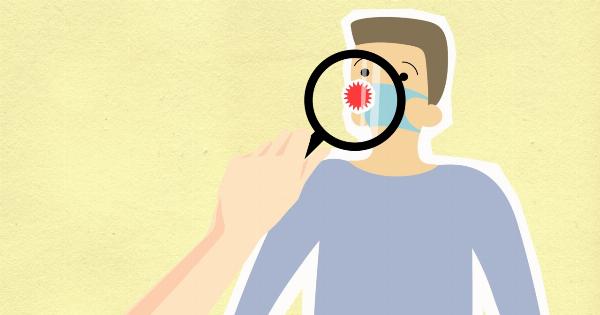Seawater has been used for centuries as a natural remedy for various ailments. Its healing properties have been attributed to its rich mineral content, including magnesium, potassium, and sodium.
In recent years, scientists have discovered that seawater may also have anti-viral properties, making it a potential weapon against cold viruses.
Understanding cold viruses
Cold viruses are a common cause of respiratory infections, leading to symptoms such as a runny or stuffy nose, cough, sore throat, and sneezing.
These viruses are highly contagious and can spread easily through sneezing, coughing, or touching contaminated surfaces. Although colds are usually mild and self-limiting, they can cause discomfort and can be particularly bothersome for individuals with weakened immune systems or underlying health conditions.
The anti-viral potential of seawater
Researchers have found that seawater may have properties that can disrupt the structure and activity of cold viruses.
One study published in the Journal of Virology found that seawater can inhibit the replication of a common cold virus called human rhinovirus. The researchers discovered that certain components of seawater, such as potassium ions, can effectively prevent the virus from attaching to and infecting host cells.
The role of minerals
Seawater contains a high concentration of minerals, including magnesium, potassium, and sodium. These minerals play a crucial role in various physiological processes within the body, including immune function.
Magnesium, for example, is involved in the production and activation of immune cells, while potassium helps maintain the balance of fluids in the body. Sodium, on the other hand, has been shown to have anti-viral properties and can disrupt the integrity of virus particles.
Immune-boosting effects
Seawater may also have immune-boosting effects, which can help the body fight off cold viruses.
Sodium chloride, commonly known as salt, is a major component of seawater and has been used for centuries as a natural remedy for various respiratory ailments. Inhalation of saltwater aerosols, also known as salt therapy or halotherapy, has been shown to improve symptoms in individuals with respiratory conditions such as asthma and bronchitis.
The mechanism of action
Seawater’s anti-viral effects can be attributed to several mechanisms of action. First, the high salt concentration in seawater can create an osmotic imbalance, causing viruses to lose their ability to replicate and survive.
Additionally, saltwater can help liquefy and thin mucus, making it easier to expel from the respiratory tract and reducing congestion. The minerals found in seawater can also support the production and function of immune cells, enhancing the body’s natural defense mechanisms.
Practical application
Seawater can be used in various forms to combat cold viruses. Nasal irrigation, also known as nasal rinsing or nasal lavage, involves flushing the nasal passages with a saline solution made from seawater.
This can help remove mucus and irritants from the nasal passages, relieving congestion and promoting sinus drainage. Nasal irrigation has been shown to be effective in reducing symptoms and shortening the duration of colds.
Another practical application of seawater is gargling. Gargling with a saline solution made from seawater can help soothe a sore throat and reduce inflammation.
It can also help remove viruses and bacteria from the throat, potentially preventing the spread of infection.
Safety considerations
While seawater can be beneficial for cold symptoms, it is important to use it safely and hygienically. It is crucial to use sterilized seawater or prepare saline solutions using purified water and appropriate salt mixtures.
Using contaminated seawater or poorly prepared saline solutions can introduce harmful bacteria or other pathogens into the body.
Conclusion
Seawater, with its rich mineral content and anti-viral properties, holds promise as a natural remedy for combating cold viruses.
Its ability to inhibit virus replication, support immune function, and alleviate symptoms make it an attractive option for individuals looking for alternative ways to manage colds. However, it is essential to use seawater safely and hygienically to avoid any potential risks.



























